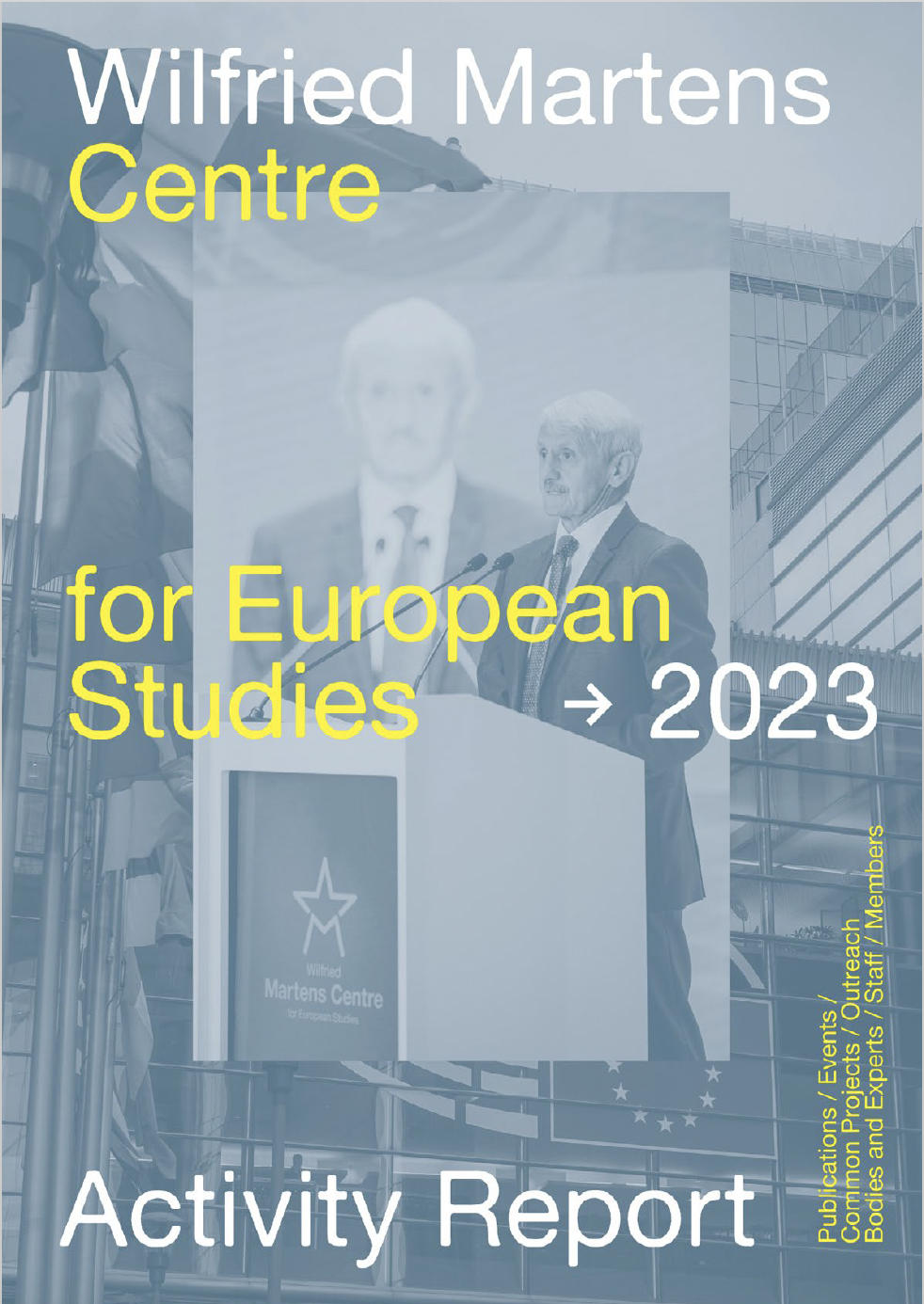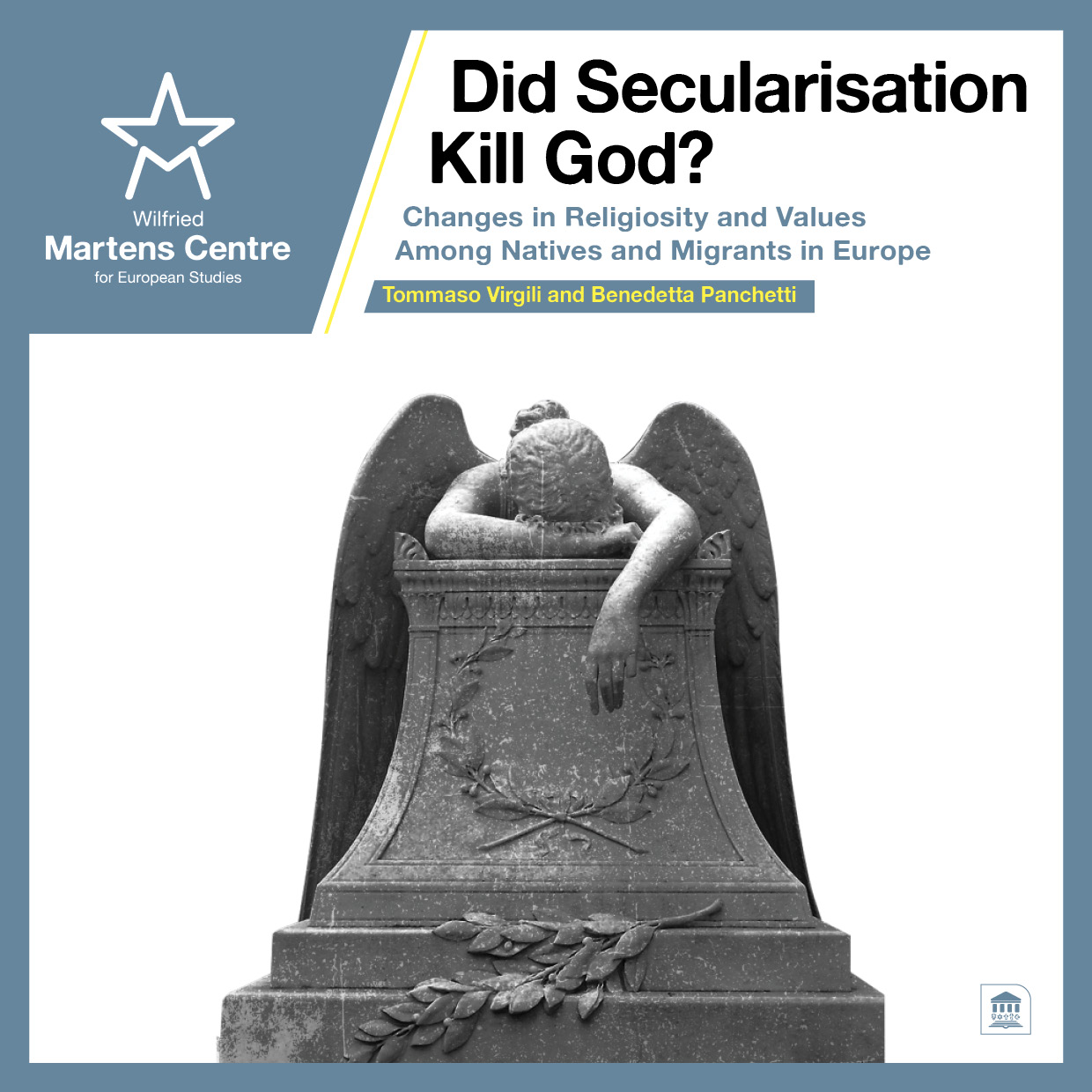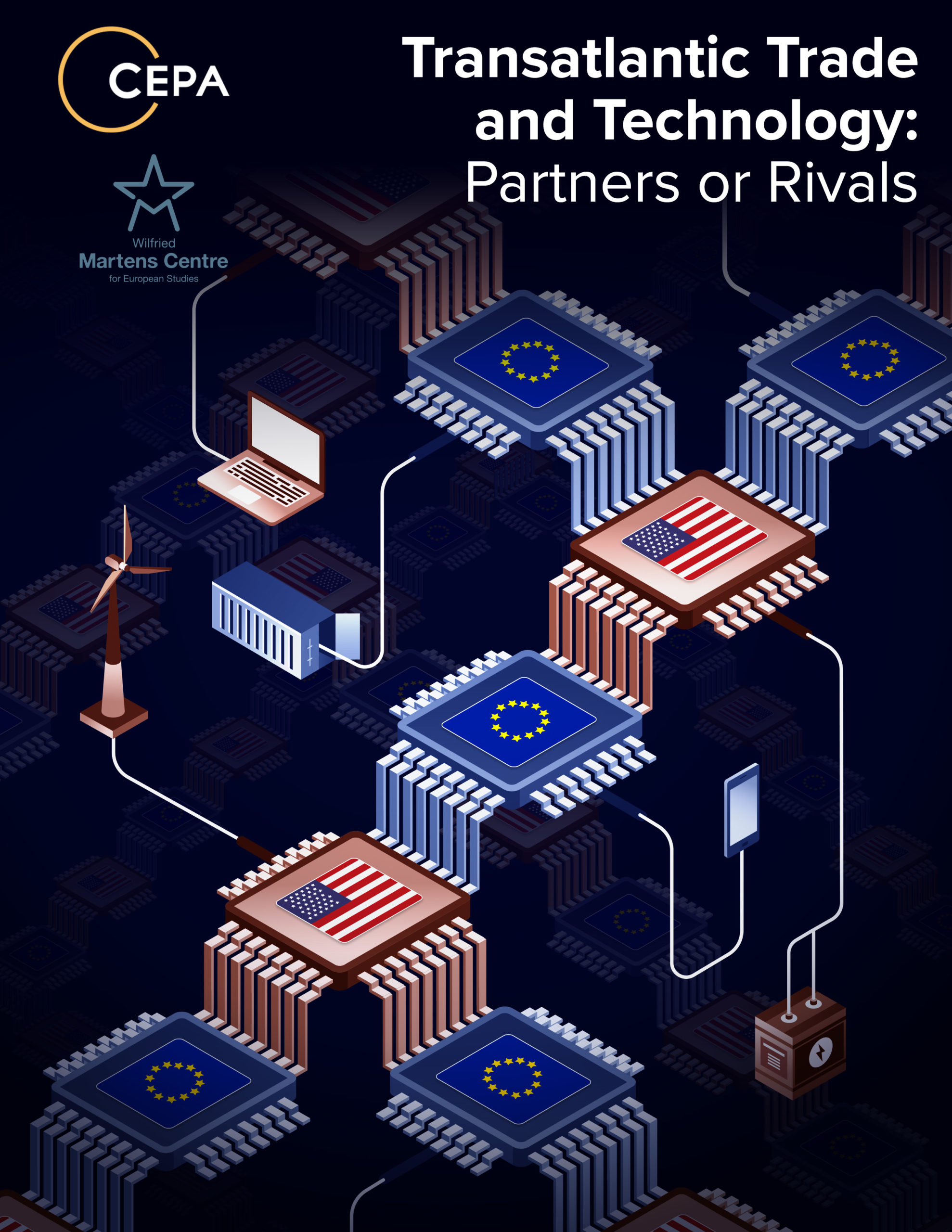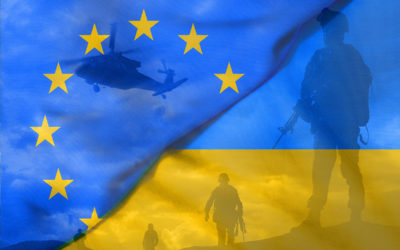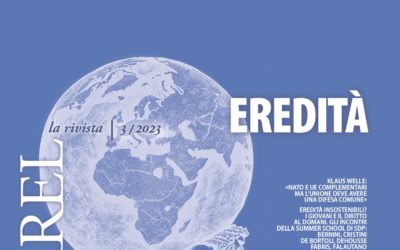Animals in the time of Coronavirus: Why it’s time to think positive
27 May 2020
Amid -at times- stringent lockdown measures taken all over Europe, it seemed almost providential that one of our main platforms for home entertainment proposed a very bizarre show.
As we all guiltily binge-watched Netflix’s hit ‘documentary’, “Tiger King: Mayhem, Murder and Madness”, and revelled in its larger-than-life characters, we must be serious for a moment: the trade of exotic animals is a highly lucrative and unregulated business. In Europe, we have our own Tiger Kings.
Where does regulation stand at the EU level? The EU mostly settles for the current CITES regulation. The Convention on International Trade in Endangered Species of Wild Fauna and Flora (CITES) is an international norms system that began in the 1970s, that regulates international trade in over 35,000 species of plants and animals, including their products and derivatives. It ensures their survival in the wild with benefits for the livelihoods of local people and the global environment.
Illegal wildlife trade is a flourishing business, comparable to the traffic of drugs and weapons, and amounts to 7 to 23 billion dollars annually, according to a UNEP-Interpol report. Therefore, it was a welcome announcement when the European Commission pledged in its EU Biodiversity Strategy for 2030, published on the 20th of May, that it “will take a number of steps to crack down on illegal wildlife trade”. The Commission said that, among other things, it will revise its EU Action Plan against Wildlife Trafficking in 2021.
This communication was initially scheduled to be released two months ago, but due to the current pandemic that has been shaking the continent and the world, it could only come out now. COVID-19 can, in fact, be directly linked to the necessity of strengthening the future Action Plan against Wildlife Trafficking.
The COVID-19 outbreak has dramatically shone a light on how wildlife markets, as well as the use of wildlife for traditional medicine, represents severe risks for zoonotic disease transmission. The proximity with humans provides a path for the transmission of dangerous pathogens. Wildlife markets, like the one in Wuhan from where COVID-19 is supposed to have originated, exist all around the world, and the European continent is a central hub of transport and trade for the lucrative business of wildlife trade. Besides wet markets, it is not uncommon to come across monkey meat in Brussels, or European baby eels in Asia.
Zoonoses do not have to stem from direct contact between wild animals and humans, it can also spread from wildlife to parasites (ticks, mosquitoes, fleas) or to domestic animals, before eventually spreading to humans. COVID-19 had a zoonotic origin, but is now mostly contracted from other human beings. 61% of new and re-emerging diseases are of zoonotic origins, and although they can originate from the world over, some parts of the world are more prone to develop them due to larger biodiversity, a high density of humans and animals, and the international mobility of these humans and animals. The EU is both a vital marketplace and storage space for exotic animals that could represent a risk for zoonoses.
It comes as no surprise that, with the emergence of the pandemic, members of the European Parliament have demanded a stronger clampdown on both the legal and illegal trade of exotic animals in the EU, where favourable conditions for the outbreak of diseases like COVID-19 are also rife. The difficulty lies in the effective differentiation between the legal and illegal trade of wildlife, since they are very closely intertwined, as this 2016 report by the European Parliament’s trade committee states.
This is where a positive list can step in. French MEP Agnès Evren, from the EPP Group, is hopeful the EU will include a more restrictive positive list in tradeable species in its European Green Deal plan for the environment. A positive list sets into legislation what can be brought into the EU, and everything not on the list cannot come in. This method would considerably reduce regulatory bureaucracy at the government level, and facilitate custom officers’ work when distinguishing what is legal versus what is not. Currently, the limited, legal and regulated trade often acts as a cover for illegal trade of the same species.
Criticism has been levelled against positive lists, invoking subsidiarity, and putting into question whether the EU even has competence on wildlife trade. In fact, some member states have adopted their own methods for tackling wildlife trafficking through positive lists. Others resort to negative lists which, contrary to positive lists, state which species are forbidden from trade, but where permits can be granted following a strict set of rules. Some member states barely have any regulation at all. Once an animal is inside the EU, it becomes harder to track its progression, and transportation is an even bigger headache when following every member states’ individual regulatory mechanisms. Here, EU regulation can create a level playing field for all actors, and reduce cumbersome bureaucratic efforts for national governments.
Another benefit of further regulating what comes into the EU is the possibility of checking each animal for known pathogens, such as the one which has stemmed from SARS-CoV-2. Checks would allow for closer inspection of animals that are meant for food consumption, but also those that are intended to be kept as pets, as they too can contract the virus.
The discussion on zoonotic diseases has indicated that poor regulation of wildlife trade can have serious consequences, the likes of which should not be ignored. COVID-19 is not the first and will not be the last pandemic to occur on our continent. EU regulation on this trade should, therefore, be adopted with the view of protecting the health of EU citizens.
The EU Biodiversity Strategy, which will be an integral part of the European Green Deal, offers the perfect opportunity to take immediate action in preventing the rapid spread of diseases. We should not lose sight of the bigger picture either, which is to avoid future pandemics from happening in the first place. An EU positive list for species and pets is one way to bring much-needed regulation into a trade that has proven dangerous for the safety and health of European citizens.
So no, don’t hit play on that follow-up meta-documentary about the hit documentary series. Instead, “Think Positive”.
ENJOYING THIS CONTENT?







